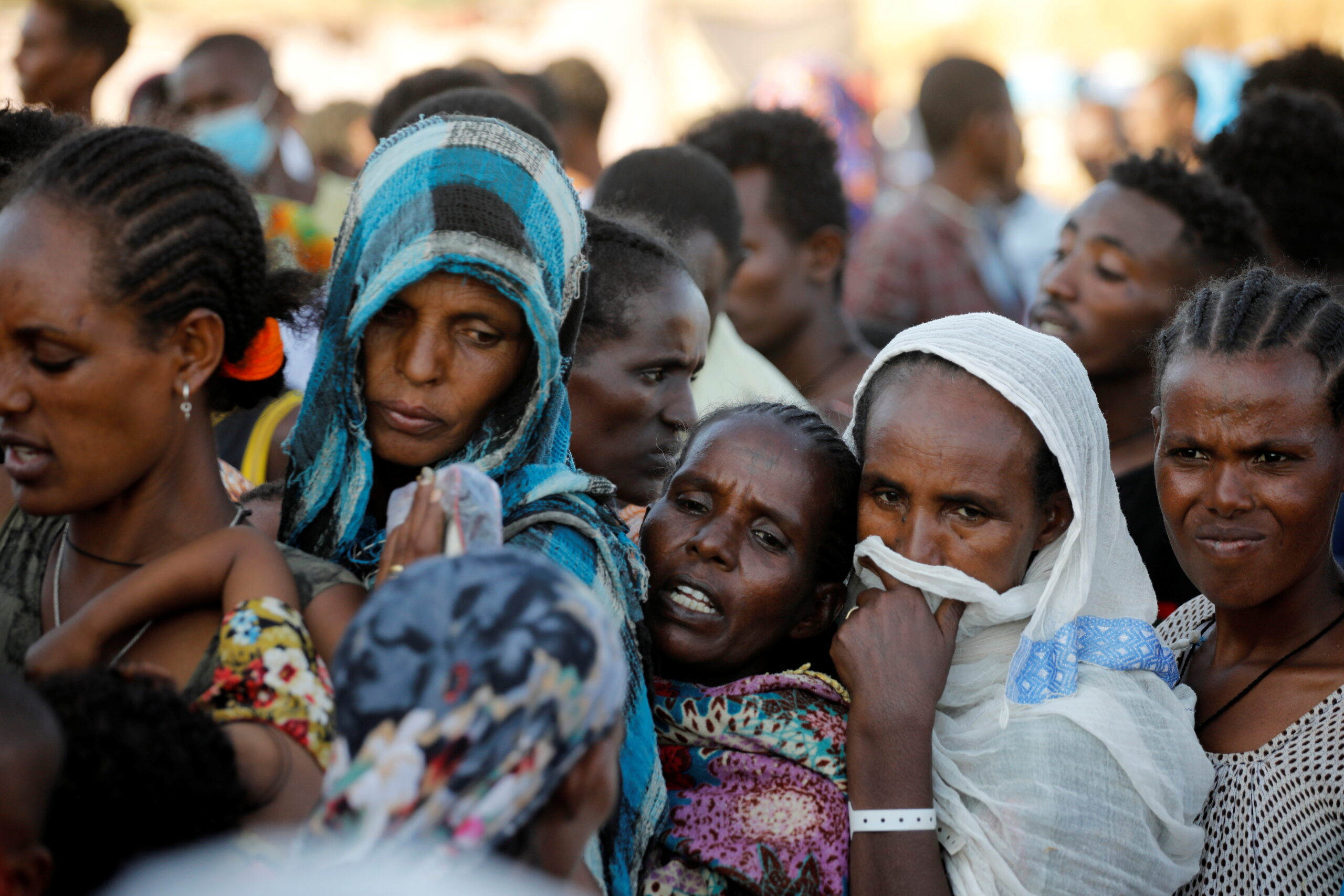Adriaan Vernooij, project manager at Wageningen Livestock Research, has lost contact with his research partners in the north of Ethiopia. Due to the war between government troops and militias from the rebel region of Tigray, all phone and internet connections in that region are down. Vernooij supervises applied research and runs training courses for the BRIDGE project (Building Rural Income through Inclusive Dairy Growth in Ethiopia). This project’s objective is to develop dairy farming in five Ethiopian regions. Vernooij has not been to Ethiopia for a year because of the coronavirus crisis, and now the project is out of action in Tigray.
Sesame
Flo Dirks, who works at Wageningen Centre for Development Innovation, has been working on developing the sesame sector in Tigray for the past three years. That project, due to end next month, is at a standstill now too. Dirks, who lives in the Ethiopian capital Addis Ababa, does not know how her colleagues are faring. One ex-colleague phoned her to say he had fled the violence in Ethiopia and was now in a refugee camp in South Sudan.
Close
WUR has been involved in a lot of projects in Ethiopia recently under the umbrella of Benefit: Bilateral Ethiopian-Netherlands Effort for Food, Income and Trade Partnership.
The Wageningen staff in Ethiopia have seen tensions rise in the country in the couple of years since Nobel Prize winner Abiy Ahmed became Prime Minister. Already last year, road blocks were put in place on the border between the federal regions of Tigray and Amhara. In August, plundering and reprisals started between the different ethnic groups. Abiy Ahmed postponed the elections because of the coronavirus crisis, whereupon the government of Tigray – the federal region that was formerly in power – withdrew recognition of his government. When militias from Tigray attacked a government army base, Abiy sent troops to the rebel region. Dirks: ‘Many people in the villages don’t concern themselves with politics and they are now victims of the violence.’
Air raids
You don’t see many signs of the war in Addis Ababa, says Dirks. The residents receive regular text messages from the government, which is raising funds to pay for the war. And on TV, you hear that government troops are advancing to liberate Tigray. But the militias from Tigray are well-armed. They attacked airfields in Amhara with rockets because they are being used as bases for air raids on Tigray.
Some Ethiopians are caught in the middle of this struggle. A Wageningen PhD student from Tigray was due to travel to Wageningen for his graduation ceremony, but heard in Addis Ababa that the ceremony had been postponed due to the coronavirus. Because of the war, he cannot go back to Tigray and is now stuck in the Ethiopian capital.

 Ethiopians have fled their country, photo: REUTERS/Baz Ratnerr
Ethiopians have fled their country, photo: REUTERS/Baz Ratnerr 

